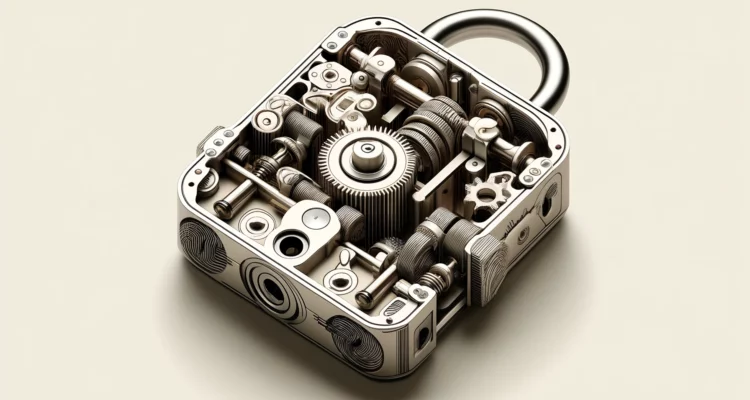Industrial Lock Solutions: Securing Your Business Assets
In “Industrial Lock Solutions: Securing Your Business Assets,” you’ll embark on a journey through the ins and outs of safeguarding what’s most valuable in both your home and business environments. Imagine transforming your spaces into bastions of security, where every corner and crevice is meticulously analyzed for vulnerabilities, ensuring that your loved ones, cherished belongings, and critical business assets are shielded from potential threats. This article not only enlightens you about the latest in innovative security technology, designed to integrate seamlessly into your daily life but also emphasizes the importance of a personalized approach to protection. You’ll discover how expert security inspections can proactively preempt risks, empowering you with the knowledge and strategies to fortify your sanctuary against the unknown, thus granting you unparalleled peace of mind. With a focus on proactive prevention and empowering homeowners and business operators alike, you’re guided step by step on how to create a resilient haven that stands vigilant against the challenges of an ever-evolving world.
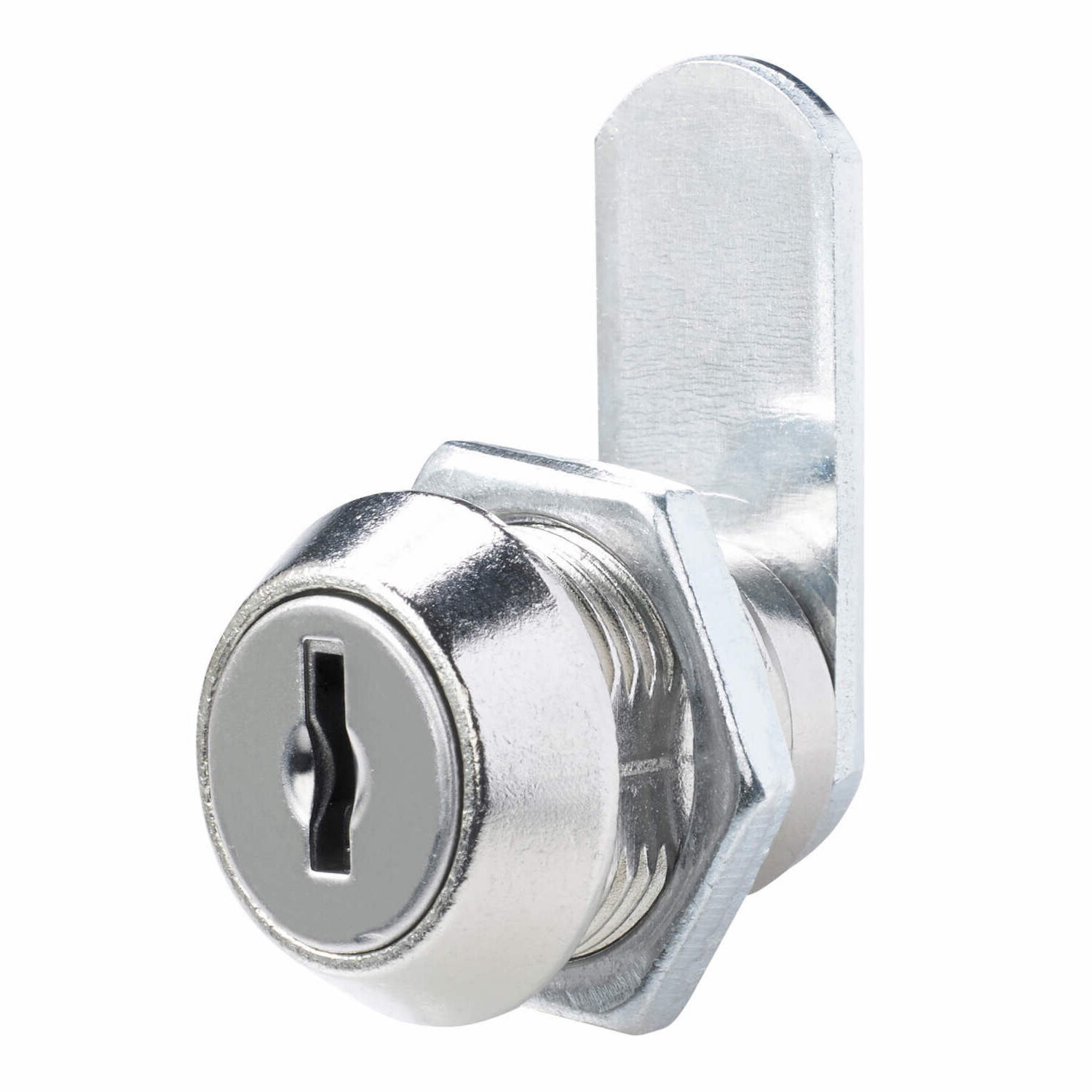
This image is property of www.loweandfletcherinc.com.
Understanding Industrial Lock Solutions
Overview of industrial lock mechanisms and their importance
When you think about securing your business assets, the first line of defense that probably comes to mind is locks. Industrial lock mechanisms are designed to offer a higher level of security than standard residential locks, protecting against unauthorized access and ensuring the safety of your valuable assets. From safeguarding equipment and inventory to securing sensitive information, the importance of industrial locks in maintaining the overall security of your business cannot be overstated. These robust solutions are engineered to withstand attempted breaches and environmental challenges, ensuring that your assets remain secure under all circumstances.
Differentiating industrial locks from residential security systems
It’s crucial to understand that industrial locks and residential security systems serve different purposes and are built to meet distinct security needs. Industrial locks are typically more durable and offer higher security features specifically designed for business environments, handling a higher volume of traffic and more severe threats. They often incorporate advanced technologies that can manage access control on a larger scale, something beyond the scope of most residential security systems. This differentiation is key in selecting the right security measures for your business.
The role of industrial locks in asset protection and loss prevention
Industrial locks play a vital role in both asset protection and loss prevention. By controlling who has access to certain areas within your industrial setting, you effectively minimize the risk of theft, vandalism, and unauthorized entry. Moreover, a well-implemented industrial lock system can deter potential intruders by signaling that your premises are well-protected, making it an essential component of your overall security strategy and ensuring the continuity of your business operations.
Types of Industrial Locks and Their Applications
Padlocks: Features and where they are best used
Padlocks are among the most recognizable and widely used types of locks in industrial settings, known for their portability and versatility. High-security padlocks come with features such as shackle guards and tamper-proof mechanisms, making them ideal for securing gates, sheds, and storage units. Their ease of use and reliability make them a go-to choice for many businesses looking to secure external access points.
Deadbolts and Deadlocks: Security features and applications
Deadbolts and deadlocks offer a higher level of security for industrial doors. With features such as reinforced steel bolts that extend deep into the door frame, these locks resist forced entry attempts effectively. They are particularly suitable for securing entry points to buildings and warehouses, providing a sturdy barrier against unauthorized access.
Electronic Locks: How technology is enhancing industrial security
Electronic locks represent the fusion of technology with traditional lock mechanisms, offering keyless entry and the ability to monitor and control access through digital means. These locks can be programmed to allow access at specific times and to specific individuals, enhancing the security of sensitive areas within your industrial complex. Their application is widespread, from securing server rooms to managing access to restricted areas.
Keyless and Biometric Systems: Advantages for high-security areas
For areas requiring the highest level of security, keyless and biometric systems offer a solution that is both sophisticated and incredibly effective. These systems might utilize fingerprints, retinal scans, or facial recognition to grant access, ensuring that only authorized personnel can enter. They are commonly used in pharmaceutical, chemical, and research industries, where securing sensitive information and materials is paramount.
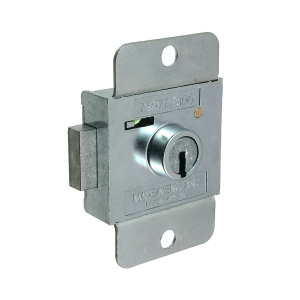
This image is property of www.loweandfletcherinc.com.
Evaluating Your Industrial Security Needs
Assessing the vulnerability of your business assets
To protect your business assets effectively, you must first identify and assess their vulnerabilities. This involves analyzing the physical layout of your premises, understanding the potential risks and threats specific to your industry, and recognizing the value and mobility of your assets. This assessment will guide the selection of appropriate industrial lock solutions tailored to your needs.
Identifying high-risk areas within industrial settings
After assessing vulnerabilities, the next step is to pinpoint high-risk areas within your industrial setting. These might include entry and exit points, storage areas for valuable assets, data centers, and any location that houses hazardous materials or sensitive information. Identifying these areas helps in prioritizing security measures and deploying the most suitable types of locks and security systems.
Consulting with security experts to customize lock solutions
Given the complexity and the high stakes involved in industrial security, consulting with security experts is a wise move. These professionals can provide insights into the latest security technologies and help customize lock solutions that meet your specific needs. Their expertise ensures that you’re not just protected against current threats but are also prepared for future security challenges.
Innovative Lock Technologies for Industrial Use
Smart locks and IoT for enhanced access control
The Internet of Things (IoT) has transformed many aspects of our lives, and industrial security is no exception. Smart locks, integrated into the IoT ecosystem, offer unprecedented control over access points across your premises. You can remotely manage access permissions, monitor entry and exit times, and even integrate them with other security systems for a comprehensive security solution.
Biometric locking systems: Fingerprints, retina scans, and facial recognition
Biometric locking systems take personal identification to a new level of security. By using unique biological characteristics such as fingerprints, retina scans, or facial recognition, these systems ensure that only authorized individuals can access restricted areas. This technology is particularly useful in industries where security cannot be compromised under any circumstances.
RFID and electromagnetic locks for securing sensitive information
RFID (Radio Frequency Identification) and electromagnetic locks offer a seamless yet secure way to protect areas containing sensitive information. RFID technology allows access through badges or cards, making it ideal for controlling entry to data centers or research labs. Electromagnetic locks, on the other hand, provide a failsafe locking mechanism that is both secure and easy to integrate with other security systems.
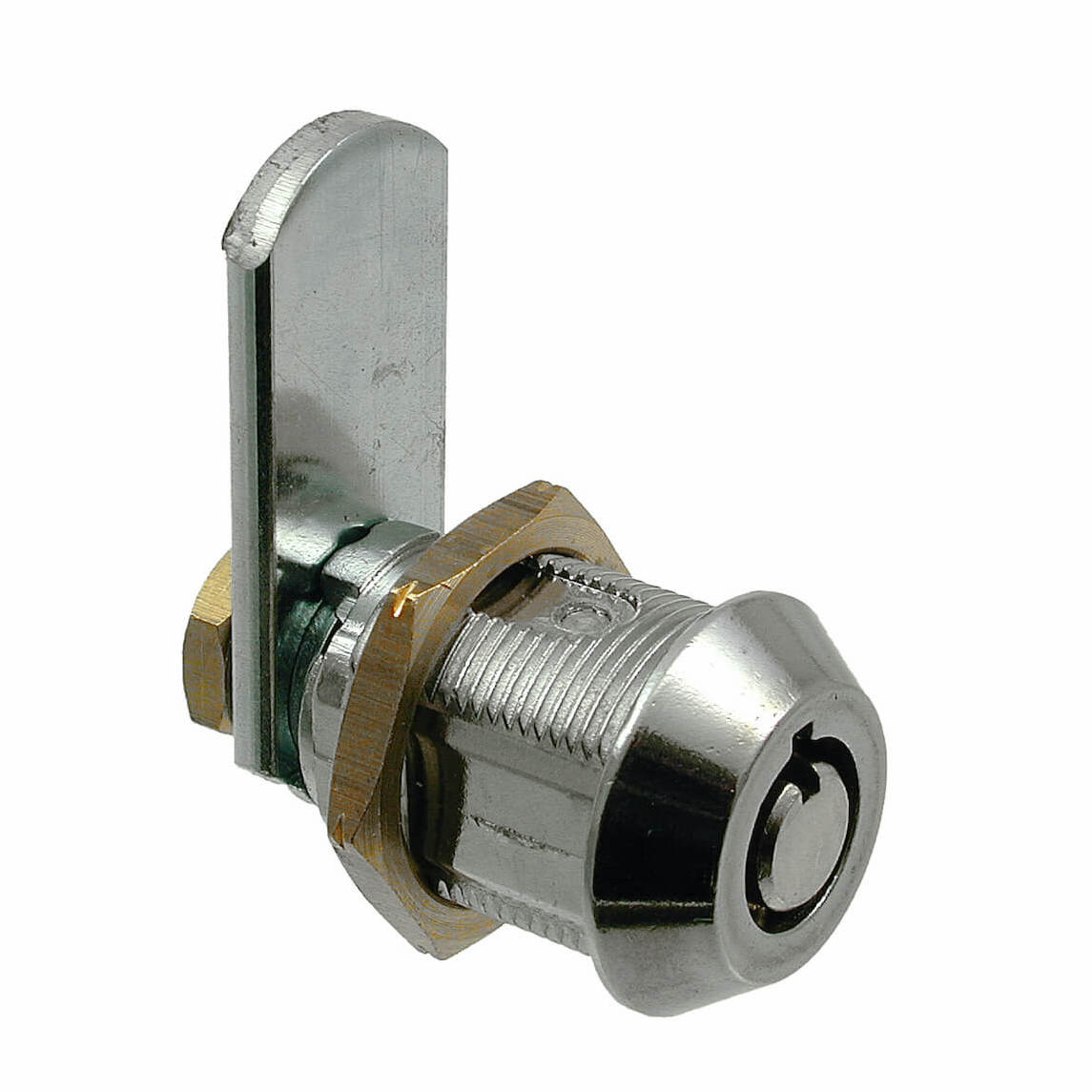
This image is property of www.loweandfletcherinc.com.
Implementing Layered Security Strategies
The importance of having multiple layers of security
A single layer of security is rarely sufficient in protecting industrial assets. Implementing a layered security strategy ensures that even if one defense mechanism fails, others are in place to thwart any unauthorized access. This multilayered approach typically combines physical locks, electronic access control systems, surveillance cameras, and alarm systems to create a comprehensive defense against potential threats.
Combining physical locks with surveillance and alarm systems
Combining physical locks with surveillance and alarm systems not only enhances the security of your premises but also provides you with valuable insights into security breaches. Surveillance cameras act as a deterrent to potential intruders and, in the event of a security breach, can provide critical evidence. Alarm systems, on the other hand, can alert you and the authorities immediately, ensuring a rapid response to any unauthorized access attempts.
Regular updates and upgrades to security infrastructure
The security landscape is constantly evolving, with new threats emerging regularly. To ensure that your security measures remain effective, it’s essential to regularly update and upgrade your security infrastructure. This might involve adopting new technologies, updating software for electronic locks and access control systems, or simply replacing outdated physical locks with more secure alternatives.
Customizing Lock Solutions for Specific Industries
Tailoring lock systems for the manufacturing sector
The manufacturing sector faces unique security challenges, from protecting heavy machinery and equipment to securing proprietary processes and data. Customizing lock solutions for this sector often involves implementing robust physical locks for equipment storage, electronic access control for R&D areas, and advanced surveillance systems for monitoring the premises.
Security solutions for the pharmaceutical and chemical industries
In the pharmaceutical and chemical industries, securing formulas, research data, and hazardous materials is of utmost importance. Biometric locking systems and electronic access controls customized to restrict access to authorized personnel only are commonly employed, ensuring that sensitive information and substances are well-protected.
High-security locks for financial institutions and data centers
Financial institutions and data centers require the highest level of security due to the sensitive nature of the assets they handle. High-security locks, including biometric systems, and state-of-the-art electronic locks, are essential. These facilities often implement comprehensive security measures, combining physical and electronic barriers to protect against both physical and cyber threats.
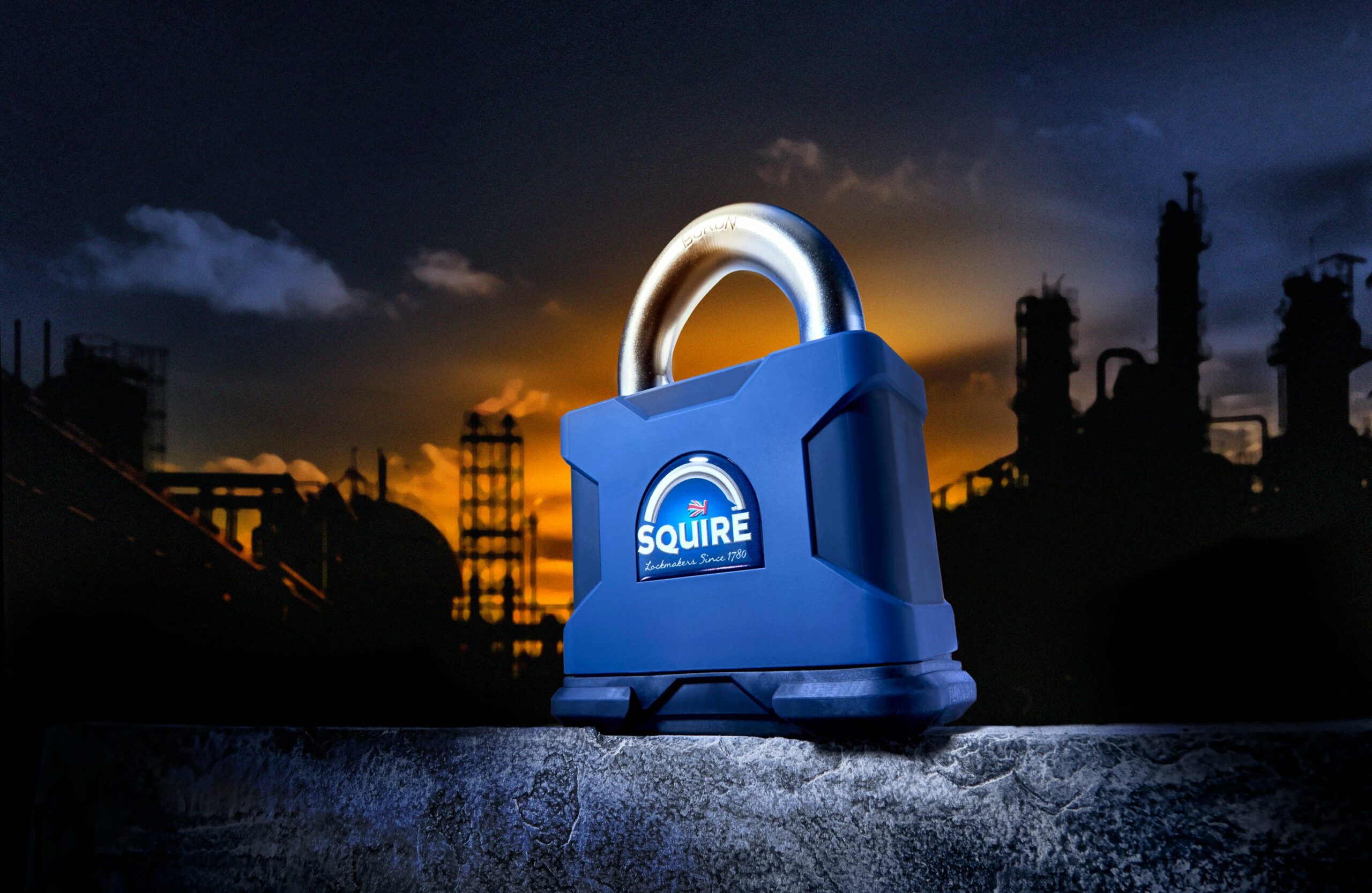
This image is property of squirelocksusa.com.
Maintenance and Upkeep of Industrial Locks
Routine checks and maintenance schedules
Regular maintenance is crucial to ensuring that your industrial locks continue to function effectively. Establishing routine checks and maintenance schedules helps in identifying and addressing wear and tear or any potential malfunctions before they compromise your security. This practice extends the lifespan of your locks and ensures consistent protection for your assets.
Dealing with wear and tear: When to repair or replace
Over time, all locks experience wear and tear, which can impact their functionality and security. Knowing when to repair or replace your locks is essential. Signs of wear, such as difficulty locking or unlocking, visible damage, or failure to engage fully, often indicate that it’s time for a repair or replacement. Regular inspections by a professional can help make this determination.
Training staff on the proper use and care of lock systems
A lock is only as effective as the people using it. Training your staff on the proper use and care of your industrial lock systems is critical in maintaining their effectiveness. This includes educating employees on the importance of security protocols, how to operate electronic systems correctly, and whom to contact for maintenance issues. Empowering your staff with this knowledge not only enhances security but also promotes a culture of security awareness within your organization.
Security Best Practices for Industrial Settings
Regular security assessments and updates
The security needs of your business can change over time due to new threats, business growth, or changes in technology. Conducting regular security assessments allows you to evaluate the effectiveness of your current security measures and update them as needed. This proactive approach ensures that your security infrastructure remains robust and capable of protecting your assets.
Creating a culture of security awareness among employees
Your employees play a crucial role in your overall security strategy. Creating a culture of security awareness involves regular training sessions, updating employees on new security protocols, and encouraging vigilance. When employees understand the significance of security measures and their role in maintaining them, they become active participants in protecting your business.
Emergency response planning and lockout procedures
Preparation is key to effectively responding to security breaches or emergencies. Developing clear emergency response plans and lockout procedures ensures that your staff knows exactly what to do in the event of an unauthorized access attempt or other security threats. This preparation minimizes potential damage and ensures a swift and effective response to any situation.
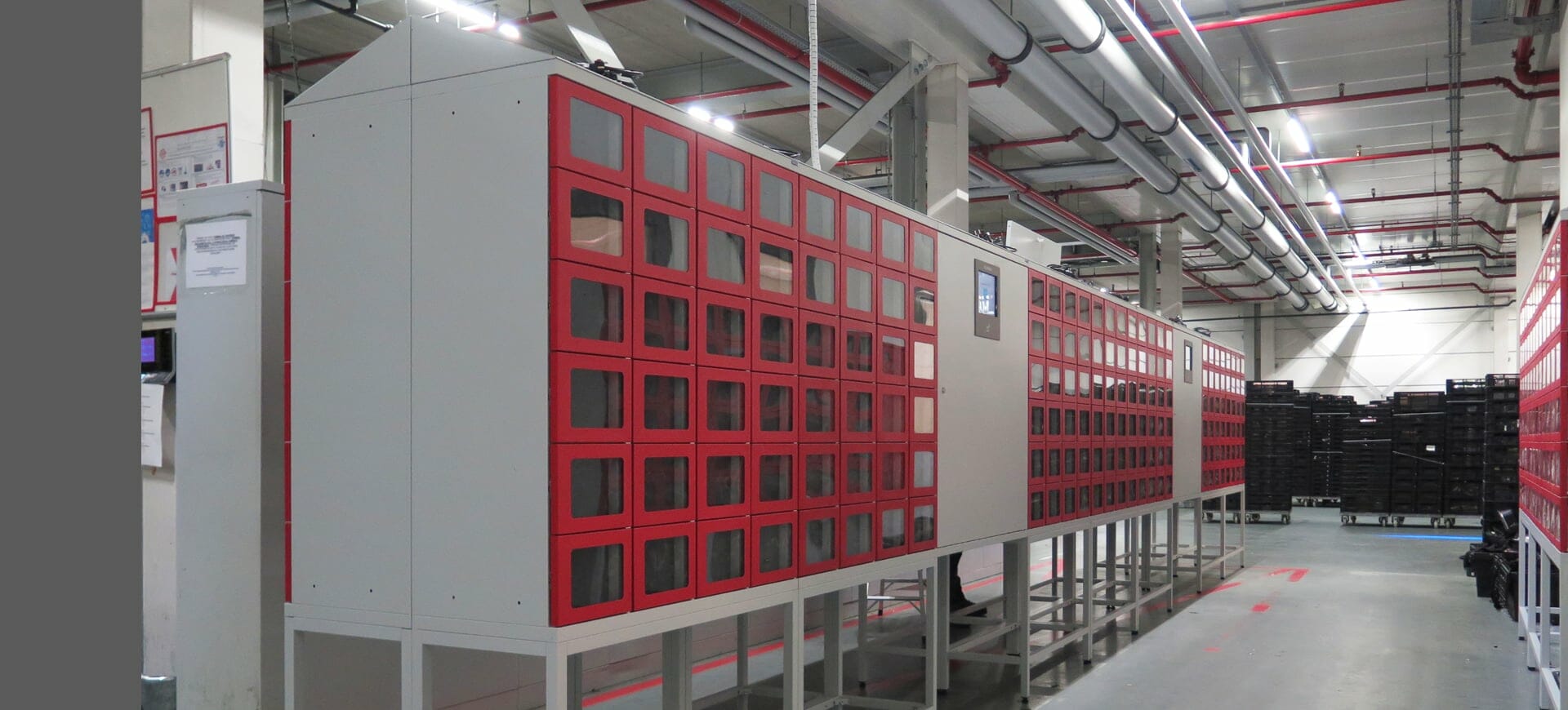
This image is property of keynius.eu.
Legal and Regulatory Considerations
Compliance with local and federal security regulations
Complying with local and federal security regulations is not only a legal requirement but also an essential aspect of your security strategy. These regulations are designed to ensure a minimum level of security across industries, and failure to comply can result in hefty fines and legal repercussions. Staying informed about relevant laws and regulations helps in avoiding legal issues and enhances the overall security of your business.
Understanding liabilities and insurance implications
The security measures you implement can have significant implications for liabilities and insurance. For instance, certain types of locks and security systems may reduce your insurance premiums due to the decreased risk of theft and damage. Conversely, failing to maintain adequate security measures can increase your liabilities in the event of a breach. Understanding these implications allows you to make informed decisions about your security investments.
Data protection and privacy laws affecting electronic and biometric locks
When implementing electronic and biometric locks, it’s crucial to consider data protection and privacy laws. These laws regulate how personal information, including biometric data, can be collected, stored, and used. Ensuring compliance with these laws protects your business from legal challenges and reinforces the trust of your employees and customers in your security measures.
Choosing the Right Security Partner
What to look for in a security solutions provider
Selecting the right security solutions provider is a pivotal decision in securing your business assets. Look for providers with extensive experience in industrial security, a solid track record of successful implementations, and a strong understanding of your industry’s specific needs. Providers who offer comprehensive after-sales support and service agreements are often preferable, as they ensure ongoing assistance and maintenance for your security systems.
The importance of after-sales support and service agreements
After-sales support and service agreements provide peace of mind, knowing that your security systems are backed by professional support. These agreements typically include regular maintenance checks, software updates for electronic systems, and prompt repair services. Choosing a provider that offers robust after-sales support ensures that your security infrastructure operates effectively and continues to meet your needs over time.
Case studies: Successful industrial lock implementations
Examining case studies of successful industrial lock implementations can provide valuable insights into the potential benefits and challenges of different security solutions. These real-world examples highlight how businesses similar to yours have enhanced their security, the types of lock systems they’ve implemented, and the outcomes of their security strategies. Such case studies can serve as a practical guide in making informed decisions about securing your business assets.
In conclusion, securing your business assets requires a comprehensive approach that includes understanding the types of industrial locks available, evaluating your security needs, and implementing tailored lock solutions. By considering innovative technologies, maintenance best practices, and legal considerations, and by partnering with the right security solutions provider, you can create a robust security infrastructure that protects your assets and ensures the continuity of your business operations. Remember, security is not just about locks and alarms; it’s about creating a safe and secure environment for your business to thrive.





